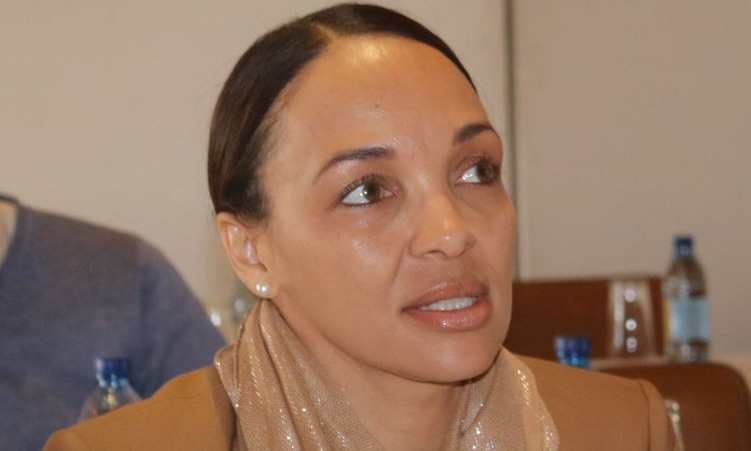The government has directed ministries and agencies to fund internships using existing budgets in an attempt to address the country’s youth unemployment rate.
Executive director in the Office of the Prime Minister Gladice Pickering says government offices, ministries and agencies (OMAs) have been told to use their subsistence and travel (S&T) allowances in some cases to employ interns.
Pickering says this is one of the many ways the government has budgeted to ensure that most young people looking for internships are given the opportunity to work in various ministries.
“The S&T is just one of the budget lines that can be reprioritised. However, this will be determined by each ministry and accountants to see where they can budget,” she says.
Pickering says each ministry will determine the number of interns it can accommodate, based on its specific needs. She says it would not be the first time the government is hiring interns, but this approach will now become standard.
“We are now extending this to include government departments that didn’t carry out their mandate and public enterprises, as they are also part of the government,” she says.
Under this directive, each civil agency is expected to hire 15 apprenticeship trainees and 25 interns, paying each trainee N$2 500 per month for six months.
Some 25 graduate interns will be hired and paid N$3 500 per month for a duration of two years.
‘STEP IN RIGHT DIRECTION’
Students Union of Namibia president Bernard Kavau on Monday called on the government to revise labour laws that require young jobseekers to have years of work experience.
“While I think it’s a good step moving forward, an internship does not amount to five years’ working experience or 10 years, which most of the recruitment agencies are looking for,” he said.
Namibia National Students Organisation president Dorthea Nangolo says the government should increase stipends for graduate interns to at least N$5 000 monthly.
“These graduates often do the same work as full-time employees who earn up to N$19 000 a month. How can we expect them to survive on N$3 000 for two years with no job guarantee afterwards?
“If a student is doing an internship in the legal department of a ministry and a vacancy becomes available, that student should be given the right to fill that vacancy. It’s only fair,” she says.
She urged the government to look beyond its ministries and engage the private sector by subsidising companies willing to take on interns.
‘NOT ENOUGH JOBS FOR ALL’
Labour expert Hebert Jauch says the proposed intern allowance is not enough to meet basic needs as interns often find themselves in the same position as many low-paid workers who struggle to make ends meet.
“The lack of jobs is our biggest issue right now. There won’t be enough jobs for all the graduates, even if the requirements are revised. The internship programme will be unable to address the structural nature of our unemployment issue,” he says.
Jauch says interns should be prioritised for job placement within ministries or organisations where they have completed internships.
“If interns prove themselves and have gained some experience, that should certainly give them a good chance to get permanent employment. “Otherwise you’d create a system where only interns are considered and others are sidelined,” he says.
Jauch says a long-term solution must go beyond internships and tackle the root of the problem: a stagnant economy unable to create enough jobs. “We need an approach to economic policy that changes the structures of the economy so that a large number of additional jobs are created,” he says.
Acting National Youth Council executive chairperson Beverly Silas-Garas commends the government’s directive and says the lack of prior work experience is a key barrier faced by young people entering the labour market.
“The directive will provide students and graduates with essential practical skills and experience, and will also offer much-needed economic relief.”
Stay informed with The Namibian – your source for credible journalism. Get in-depth reporting and opinions for
only N$85 a month. Invest in journalism, invest in democracy –
Subscribe Now!










